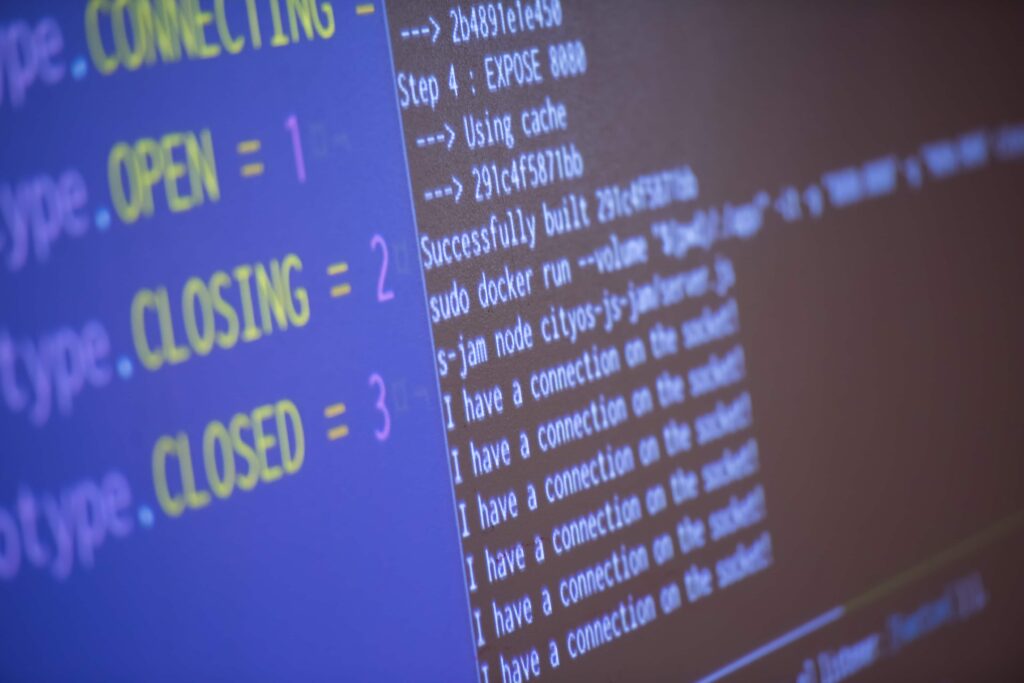Best Programming Languages to Learn for Hacking In 2023

Best Desk Setup For Office Setup Working
Introduction of Ethical Hacking
White hat hacking, another name for ethical hacking, is the use of hacking methods to find and patch holes in computer networks and systems. It is a real and significant field that contributes to enhancing system security and defending against harmful assaults.
There are several possibilities to think about if you’re interested in studying programming languages for ethical hacking. The top five programming languages for ethical hacking in 2023 are shown below:
Python is The Most Effective Language for Ethical Hacking.
Python is a popular language for ethical hacking, as it is easy to learn and has a huge and active community of users. Scapy and PyCrypto are only a couple of the libraries and frameworks it contains that are helpful for hacking activities.
Why You Choose Python?
Ethical hackers, often known as white hat hackers, could decide to learn Python for a variety of reasons:
Usefulness:Python is renowned for being user-friendly, having a straightforward and legible syntax. For ethical hackers who are new to programming or who wish to quickly prototype hacking tools, this makes it a useful option.
Large and vibrant user base:Python has a vibrant and sizable user base, which implies that there are a tone of learning and usage materials accessible. This might be particularly helpful for ethical hackers searching for guidance or assistance.
Libraries and frameworks:A wide variety of libraries and frameworks are available in Python, including Scapy and PyCrypto, which are developed expressly for hacking activities. By using these tools, ethical hackers may find it simpler to carry out operations like packet sniffing and cryptography.
Flexibility:Python is a flexible language that may be used for a variety of tasks, such as data analysis, web development, and automation. Learning Python will give ethical hackers more opportunities to put their abilities to work.
Versatility:Python is a flexible language that may be used for a variety of tasks, such as data analysis, web development, and automation. Learning Python will give ethical hackers more opportunities to put their abilities to work.
Ultimately, the ethical hacker’s particular demands and objectives will determine whether or not they should learn Python. Python is only one of many programming languages that can be helpful for ethical hacking; ethical hackers may opt to learn other languages as well.

Languages C and C++ That are Used for Ethical Hacking
Low-level programming languages C and C++ may be utilised to create effective and potent hacking tools. If you want to learn how to create vulnerabilities or reverse-engineer software, these languages are viable options.
Why You Choose C/C++?
Close to Hardware: Low-level programming languages like C and C++ provide you more control over the system since they are closer to the hardware. The necessity to create and apply specific tools for evaluating and safeguarding networks and systems might be helpful for ethical hackers.
Robust programming languages: Operating systems, compilers, and security tools may all be created using the robust programming languages C and C++. Because of this, ethical hackers may utilise them to create unique tools and utilities for analysing and safeguarding networks and systems.
Sizable and vibrant community: Because there is a sizable and vibrant community of programmers and users for C and C++, there are a tonne of online tools, libraries, and tutorials accessible for learning and using the languages.
Highly portable languages: As highly portable languages, C and C++ may be used to create programmes that work across a wide range of systems and platforms. This might be helpful for ethical hackers who have to test and secure networks and systems that make use of various hardware architectures or operating systems.





